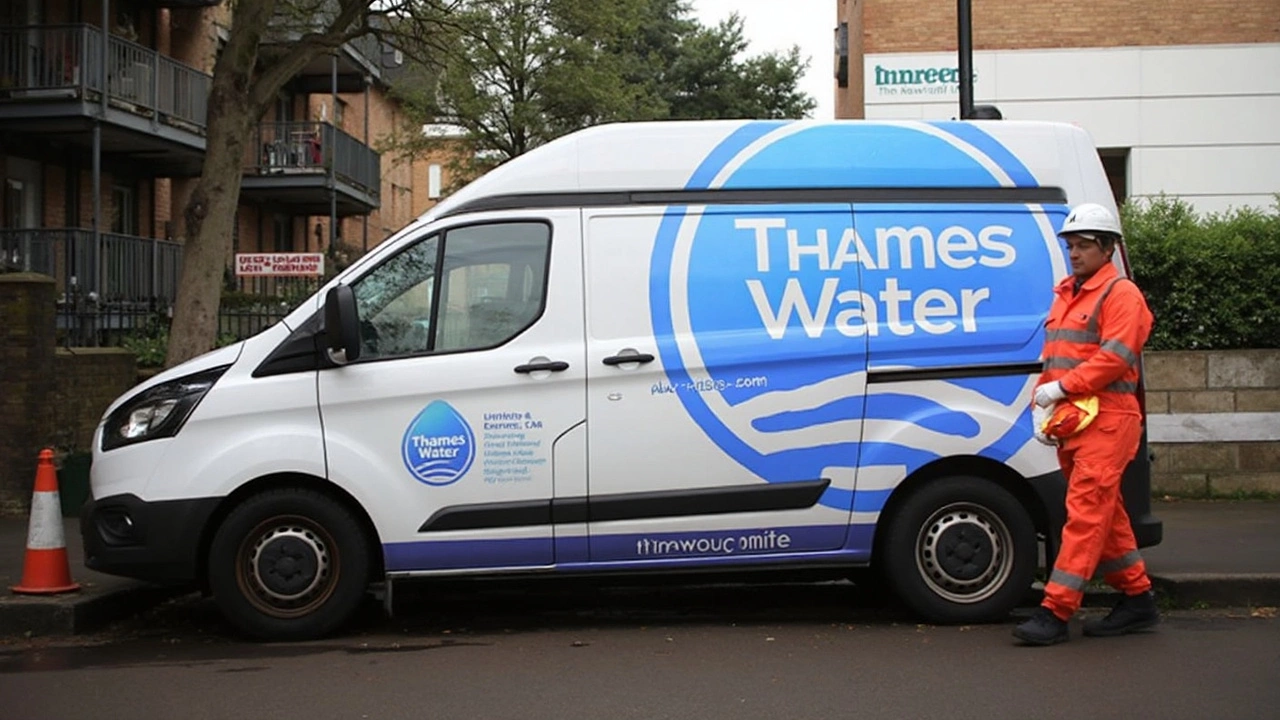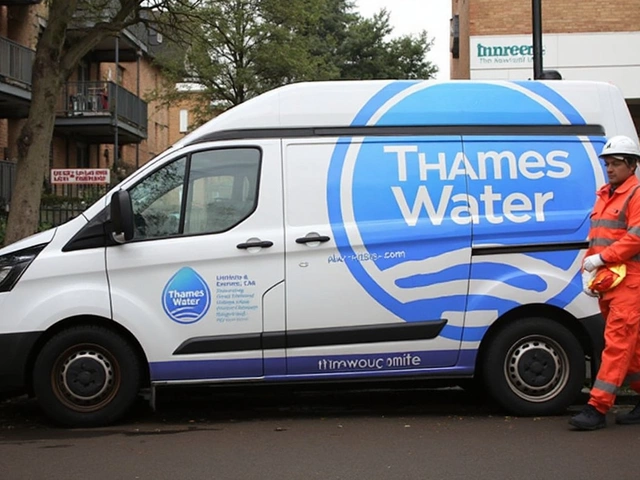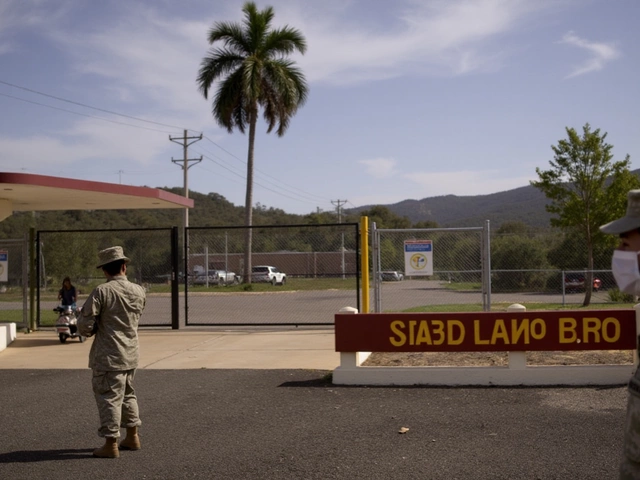Thames Water Pulls Plug on Executive Bonuses Amid Public Backlash
The ongoing chaos at Thames Water just took another turn. The UK's biggest water utility has backtracked on a proposal to hand out executive bonuses worth £1 million each to top bosses. This U-turn followed furious criticism from both government officials and the public, who were quick to slam the plans as a reward for corporate dysfunction.
If the original scheme went ahead, Thames Water’s most senior execs would have pocketed payouts equal to half their annual salaries. On top of their normal bonuses, too. The plan came with strings attached: bosses would stay in their posts after the company secured a £3 billion emergency loan. But with the utility already under fire for sewage pollution, missed environmental targets, and financial struggles, the optics were never going to be good.
It all came to a head during a parliamentary session, where Environment Secretary Steve Reed didn’t mince words. He called the payment scheme, "the wrong thing to do," warning that it only served to damage the public’s already shaky trust in the company. The timing couldn't have been worse, as the country grapples with high-profile sewage spills and regular headlines about water bills climbing faster than wages.
Adding to the drama, Thames Water’s chairman at first claimed that these huge bonuses were non-negotiable—he suggested that lenders demanded them as part of the company’s survival deal. But that explanation quickly unraveled. Under questioning, he admitted there was no such requirement from lenders, raising fresh questions about what really motivated the plan in the first place.
Regulatory scrutiny has been intense. Ofwat, the body keeping tabs on water utilities, previously blocked similar ‘retention’ bonus plans last year and is now reviewing the details of the latest proposal. Reed argued that Thames Water tried to repackage the scheme to get around new rules that soon will ban using customer money for executive bonuses. He described the company’s maneuvering as a clear attempt to sidestep accountability.
The pressure forced Thames Water’s board to hit pause on the payout plan. They say they'll wait for proper guidance from Ofwat before moving forward. Meanwhile, the company insists there’s no intention to ignore government efforts to clean up the industry—from stopping sewage overflows to ending reckless financial management.
Thames Water’s financial woes are far from over. The company narrowly dodged collapse in February by securing a £3 billion loan, but problems stack up: rising costs, investor jitters, and strict environmental rules they’re still struggling to meet. The government has already ordered a wide-ranging review of the water industry, due this June, expected to recommend even stiffer penalties for polluters and more scrutiny of how CEOs are rewarded.
Customers and Staff React to Stalled Payments
People paying their bills to Thames Water are watching all this unfold with a mix of frustration and grim amusement. Many customers, already fed up with sewage incidents and hefty bills, felt the idea of executives cashing in while basic services lagged behind was a slap in the face. Staff morale isn’t doing great either, with some workers saying the bonus row has added to a climate of uncertainty and finger-pointing inside the company.
The government’s stance is clear: no more golden parachutes or backdoor rewards for execs while customers are left footing the bill and rivers keep getting polluted. The looming sector review in June could change the way all water companies operate, tightening the leash on both pollution and perks at the top. Thames Water’s retreat from its bonus scheme may just be the first sign that the era of unchecked executive pay in public utilities is on the way out.









Write a comment